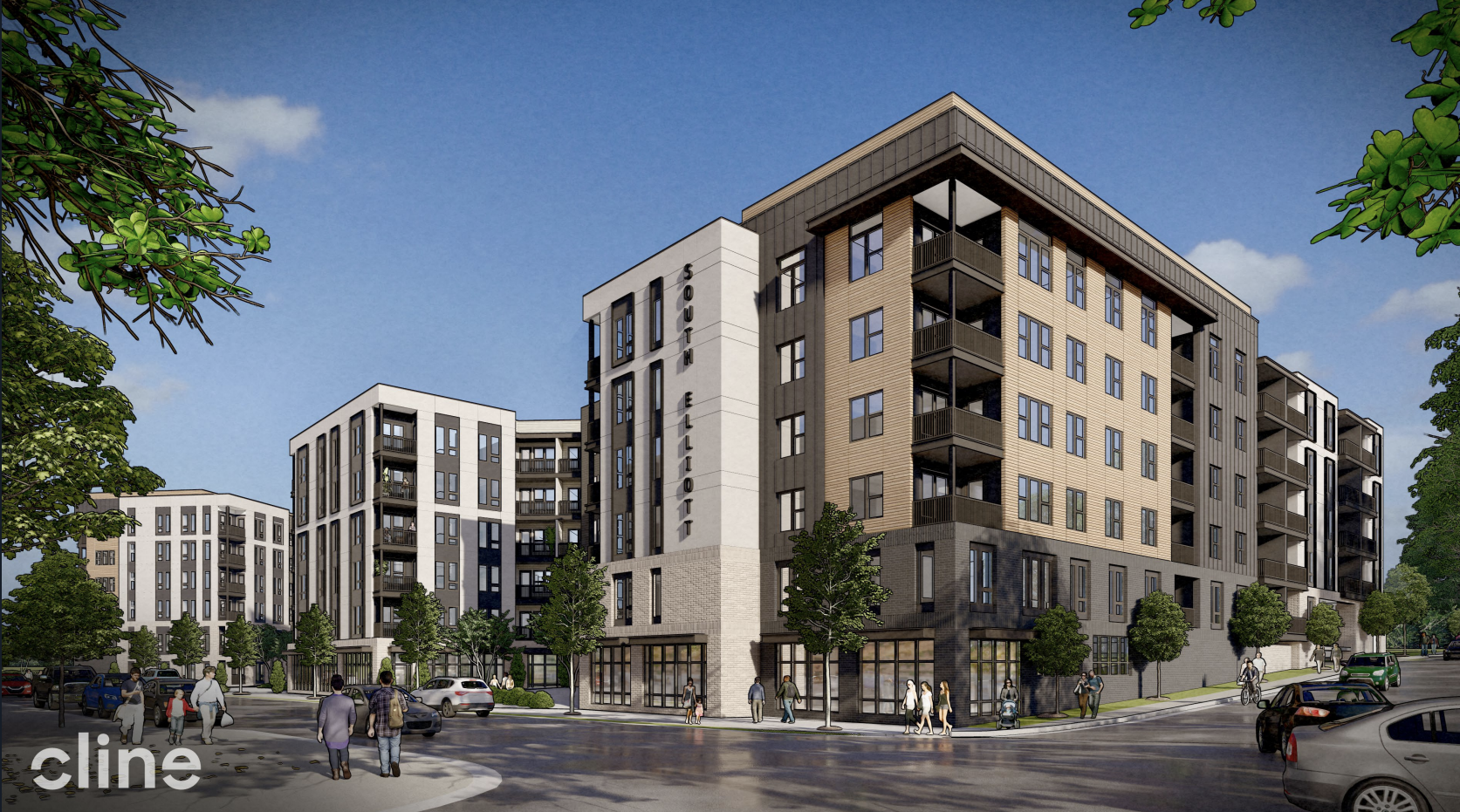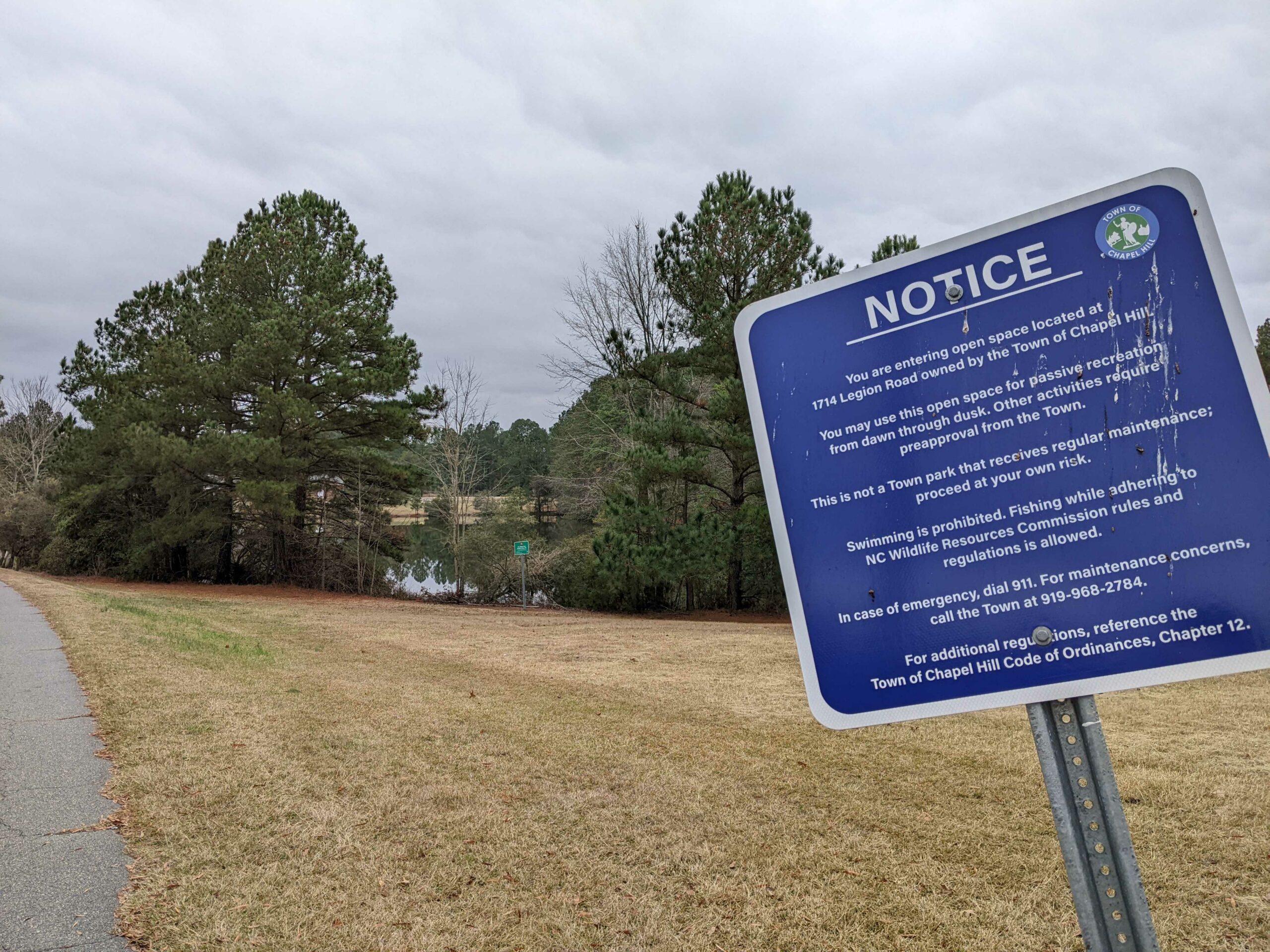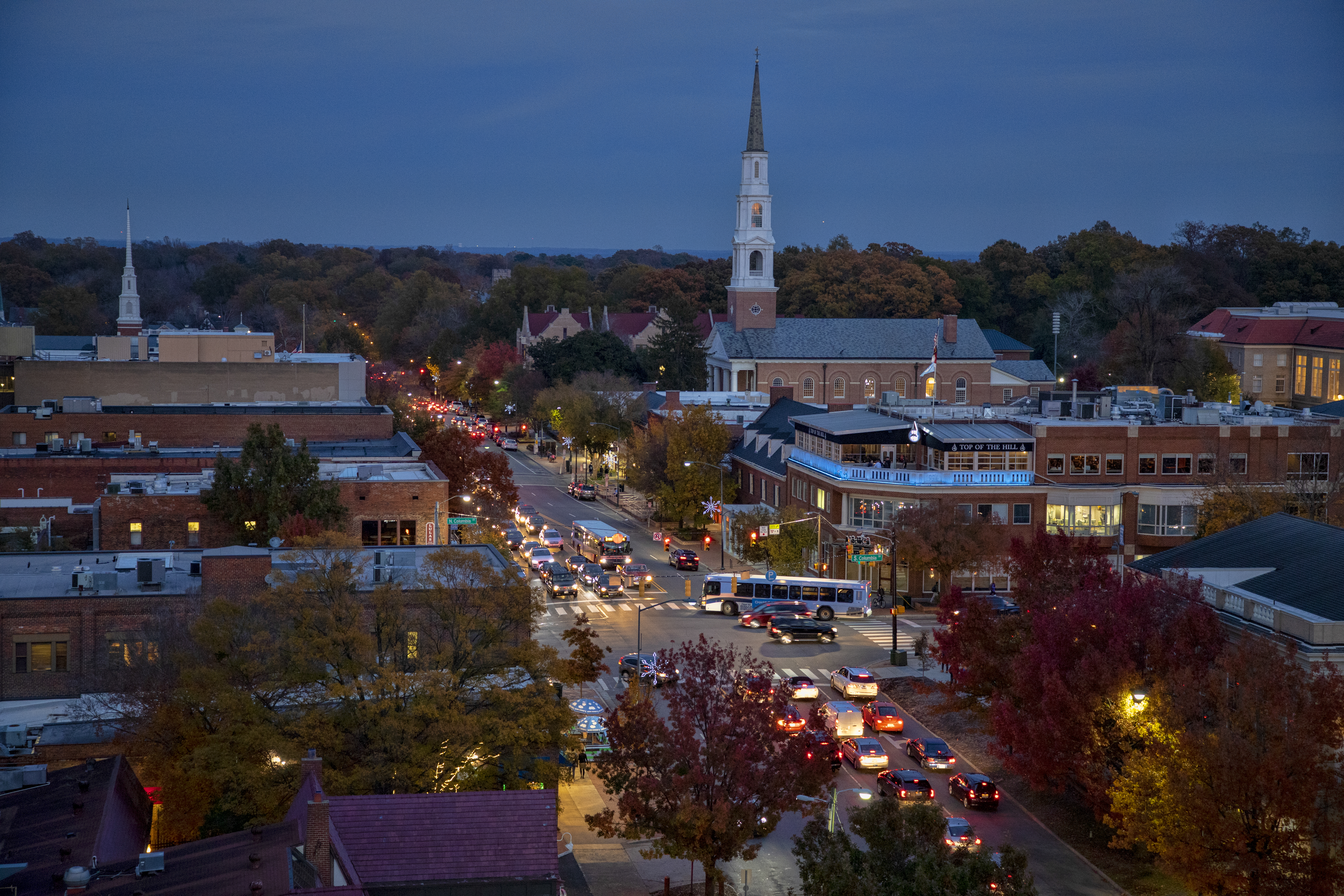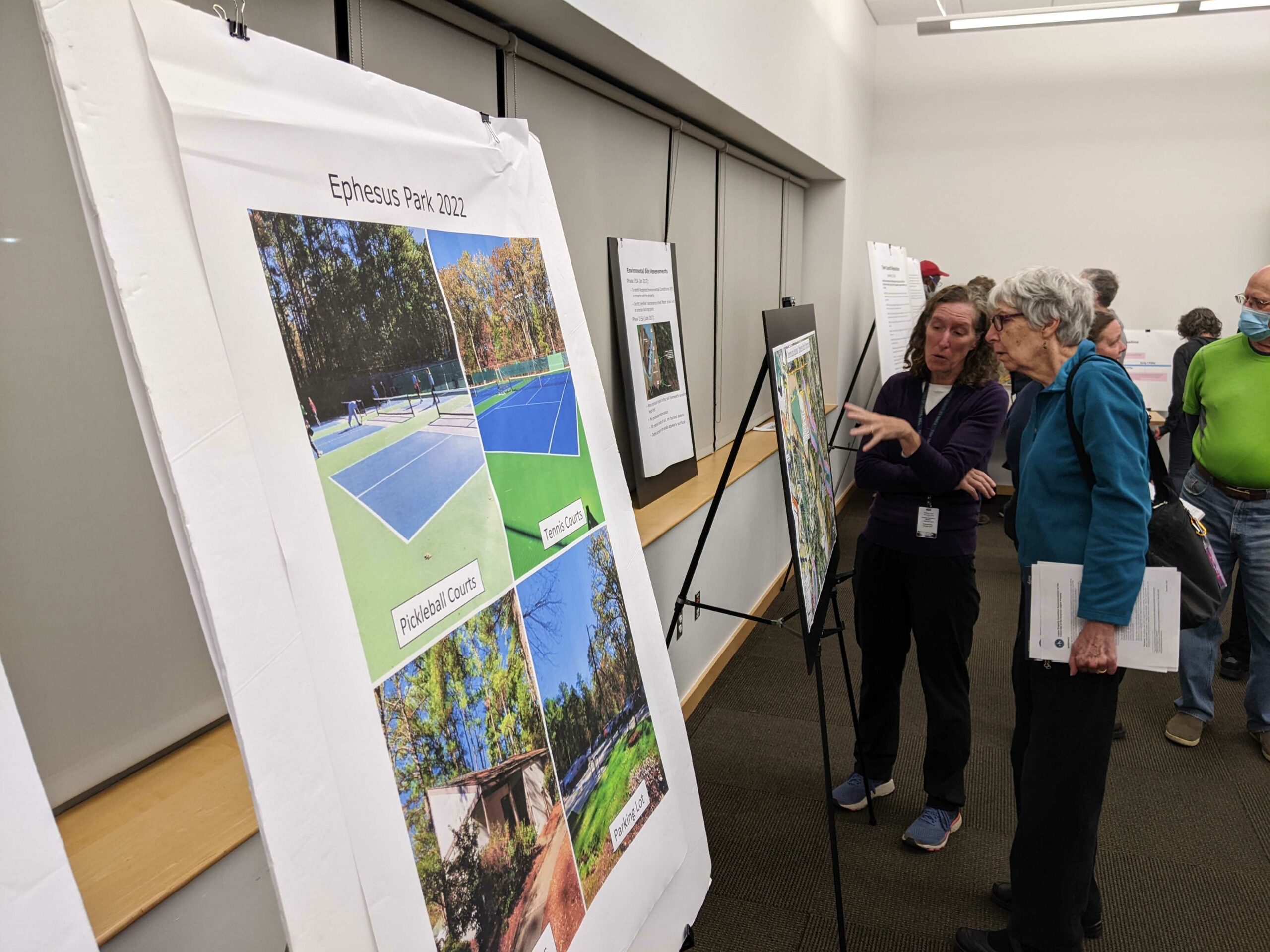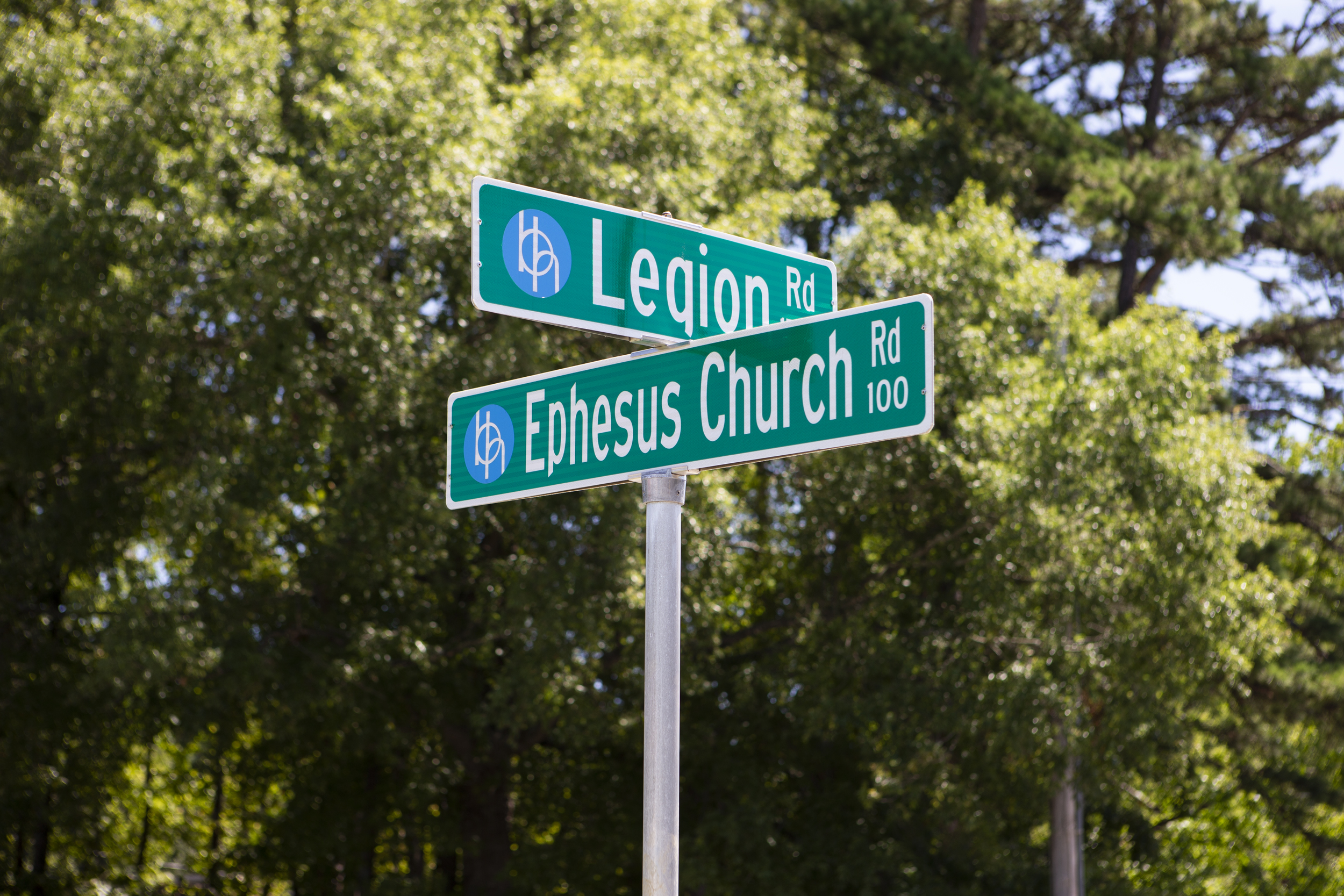With a vast amount of capital improvement projects, the Town of Chapel Hill is weighing the possibility of another bond referendum to borrow more money for a variety of projects. At its work session on Monday night, the town council weighed whether its members would prefer to pick get a bond vote on the ballot this fall or to wait until the 2025 local cycle – and came away split.
Currently, the local government estimates it has $50.5 million in debt capacity at its disposal, which is the limit it maximum it could ask for in bonds. With that capacity, the town staff say there are some projects that need to be paid for through bonds that should not go to a referendum out of necessity, which would be limited obligation bonds. They recommend taking out $6.5 million to pay for increases to the East Rosemary parking deck construction, a new ladder fire truck, and uplifting costs for the police station.
The much bigger borrowing, however, would be up for a vote both between council members and the public. The staff recommendation is borrowing $44 million through general obligation bonds to go toward a variety of projects in different categories. Monday’s presentation suggested $15 million for Public Safety facilities, $10 million for affordable housing, $10 million for streets and sidewalks, $4.5 million for parks and recreation, $2.5 million for public facilities, and $2 million for open space/greenways.
Some of the most pressing projects identified by staff included rebuilding or renovating Fire Stations 3 and 4 in the Public Safety category, plus funding the town’s ongoing ADA Transition Plan and the final cost discrepancy of the Fordham Sidepath project in the streets and sidewalks category. Other key projects but with less urgent spending needs, according to staff, are affordable housing on the town’s Legion Road property and completing projects supported by the federal Low-Income Housing Tax Credit, or LIHTC.
The Town of Chapel Hill last had a bond referendum in 2018, when it asked voters to approve $10 million in borrowing to help pay for affordable housing projects. Residents ultimately approved the borrowing. Often, the local government tries to only request borrowing though bonds when projects cost more than $1 million and have a life span longer than 10 years.
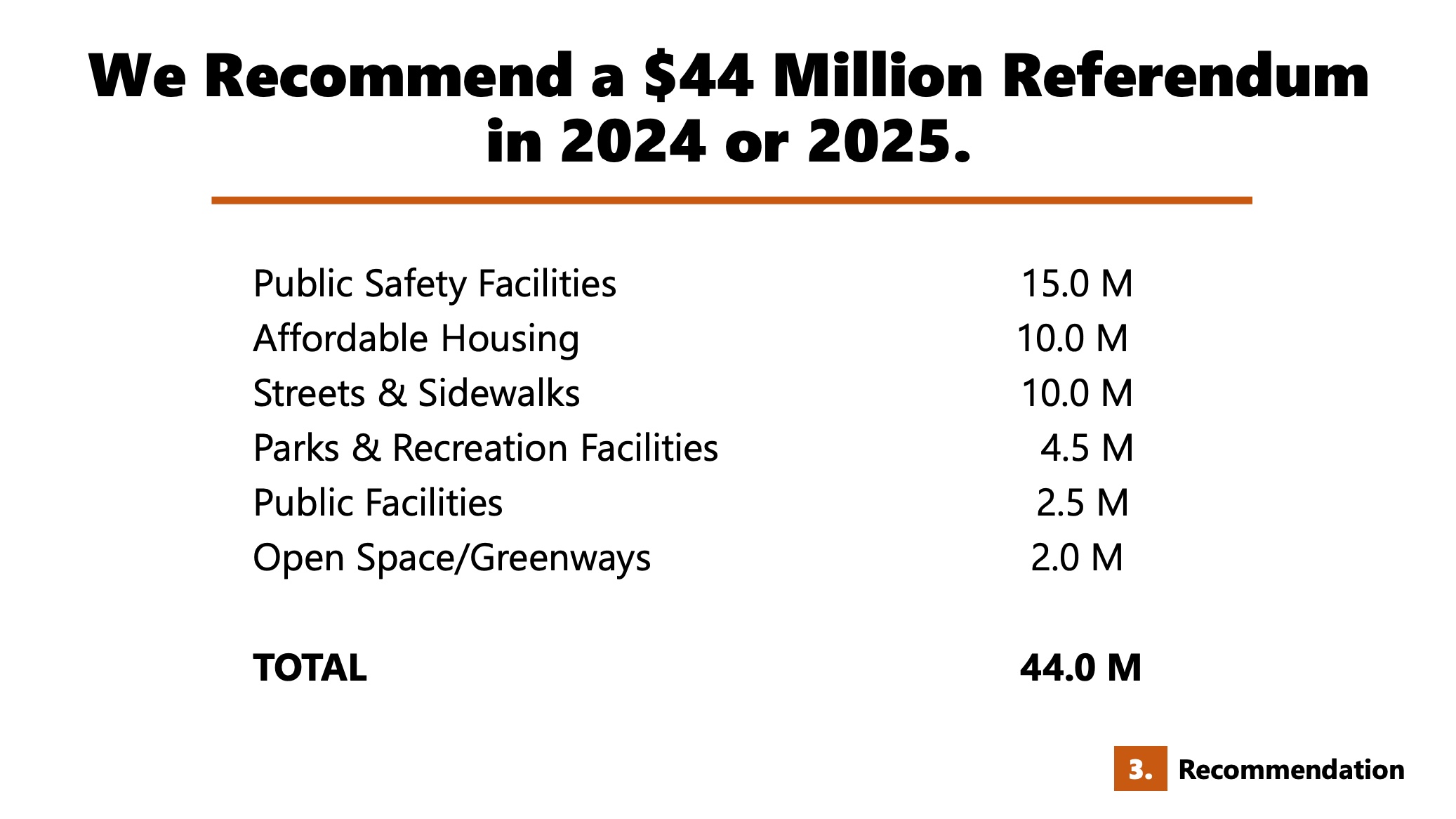
A slide from the Chapel Hill town staff presentation on April 15, 2024, sharing what their recommendations are for the council regarding categories and allocations for a bond referendum. (Photo via the Town of Chapel Hill.)
Town Manager Chris Blue told council members bond referendums — and the discussions leading to those votes on ballots — are an exercise in a government’s “shared values, but competing interests” when it comes to what needs to be prioritized. It will ultimately be up to the elected officials to decide how much to allocate to certain categories and projects.
But on Monday, staff said allocations and amounts are not the only elements that must be ironed out. The council must chose between rapidly picking up negotiations to have a bond referendum this fall or waiting until next year. Blue and town staff shared pros and cons of each, pointing out that 2024’s presidential election would draw more people out to the polls but would also align with Orange County’s expected $300 million bond referendum to fund school infrastructure projects.
Chapel Hill Business Management Director Amy Oland said waiting until 2025 would give the council members more time to determine specific projects and priorities, but would also mean longer waits on those projects getting started. A 2024 referendum would allow for sooner timelines for the projects and the council can be more general in their funding allocations — but it still cannot be a blanket request.
“We need the categories for the bond order,” Oland said, “but we do also need the amounts… and in order to inform amounts, projects play into that. So, we have a little bit of flexibility, but the bond orders and amounts have to be set, and those are set in stone once those are determined. And that is [by] May 15.”
As of Monday, many council members shared they were still determining a preference. Council Member Camille Berry, however, said a bond referendum on the ballot this year and major projects coming to fruition sooner was most appealing to her.
“I was talking with someone the other day,” she said, “[and summed it up as] we either get to discuss it a lot or we get to get to a decision faster. I like that latter — which means I would really like for us to push for 2024. I think we can do it.”
Council Member Adam Searing voiced the other end of the spectrum, saying pushing the public’s vote until 2025 would give the council more time to align on priorities. He said resident comments from the past election cycle indicated community members may want other projects than the staff’s recommendations and it would give the town more time to communicate what people are voting for.
“I just don’t feel comfortable pushing forward immediately,” said Searing. “I think it’s going to be hard to sell, and I think we can do a better job addressing some of these needs.”
Council Member Paris Miller-Foushee said, though, she believes the community has already expressed its priorities through its election of council members. She argued moving forward with a short-term deadline would help prevent long-term problems facing residents being put off even further.
“I just think we’re moving with a sense of urgency to address the urgent needs that our community have been communicating to us for a long time,” Miller-Foushee said. “So this isn’t — by any means to me — quick or haphazard in any kind of way. When folks ask that question of, ‘Well, what about this [project],’ we just have a lot of what-abouts.”
Still, about half of the council indicated it may prefer to wait — including Mayor Jess Anderson. Anderson said she would support whichever decision the council takes, but that the approaching deadlines would cause intensive discussions in the coming weeks. She also said she sees the debt capacity as just a piece of Chapel Hill’s funding options and wants the town to explore every method in order to deliver tangible results.
“I think,” said Anderson, “as a long as we can continue getting projects out of the ground and meeting our goals, as long as we can get a fire station moving, as long as we can get our LIHTC projects going, as long as we can still do greenways, then I don’t feel a rush to a bond this year… because we can still do stuff.”
Blue said the council’s feedback on Monday will allow him and his staff to dig further into specifying what’s necessary for both the 2024 and 2025 options for a bond referendum. Staff’s recommendation at the work session was for council to have a draft referendum plan together by May 1 if it goes with the 2024 option, with a formal preliminary findings resolution required by May 15. Then, the council would introduce the bond orders during its first meeting in June before holding the public hearing, voting to adopt the bond, and setting the questions for ballots on June 17.
To watch the full Chapel Hill Town Council work session from April 15, click here.
Featured photo via the Town of Chapel Hill.
Chapelboro.com does not charge subscription fees, and you can directly support our efforts in local journalism here. Want more of what you see on Chapelboro? Let us bring free local news and community information to you by signing up for our newsletter.



